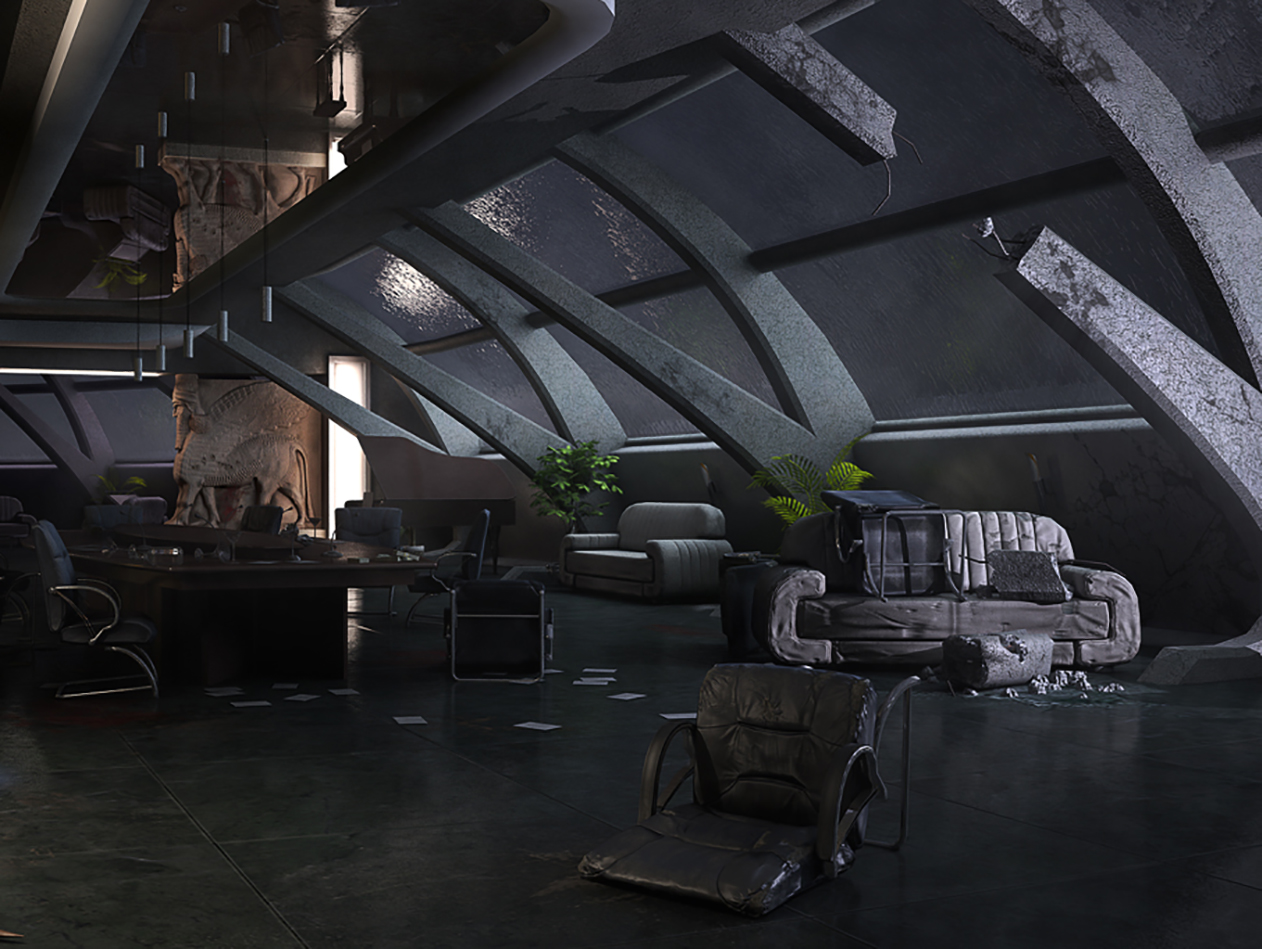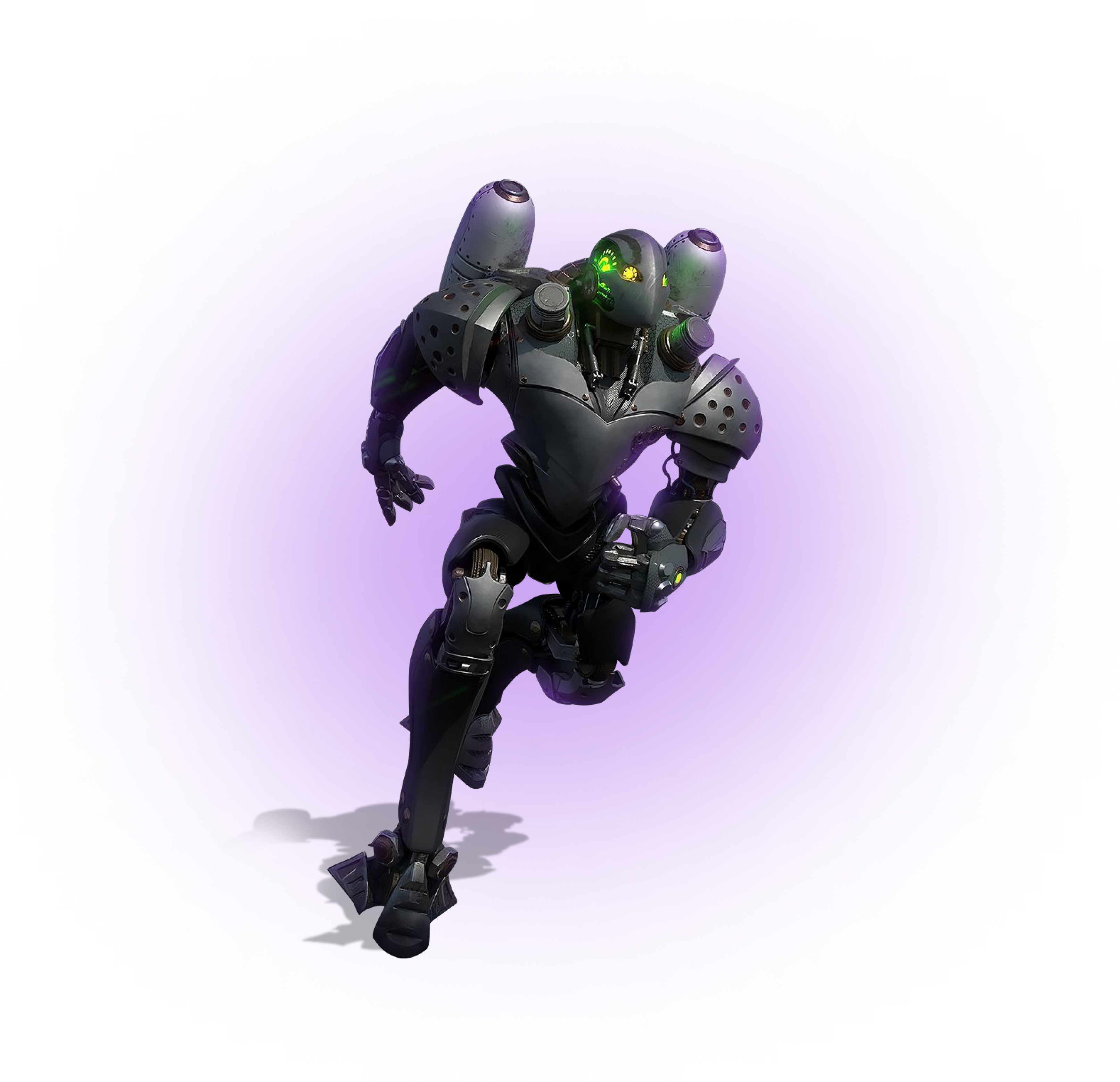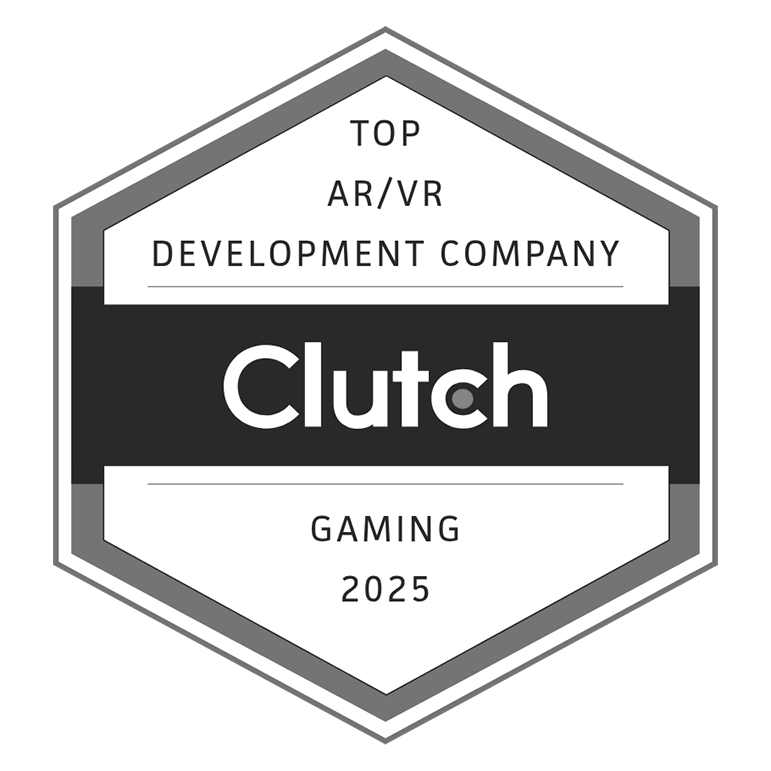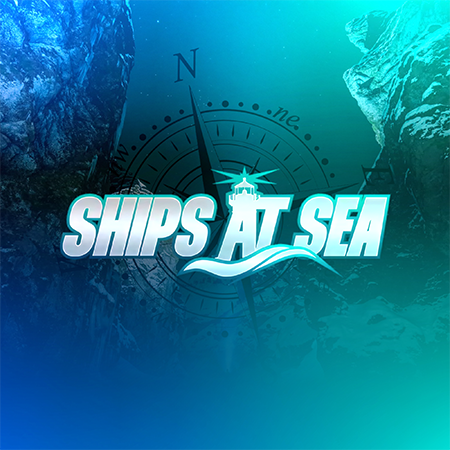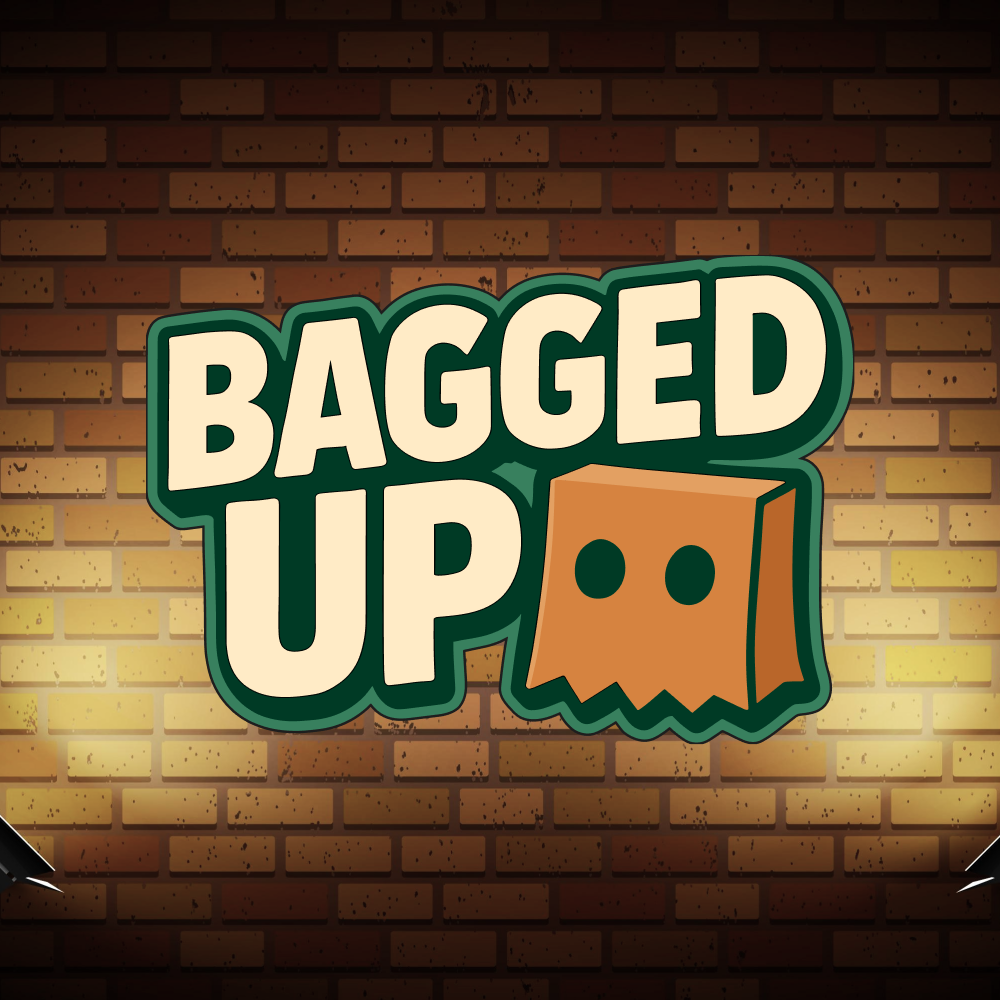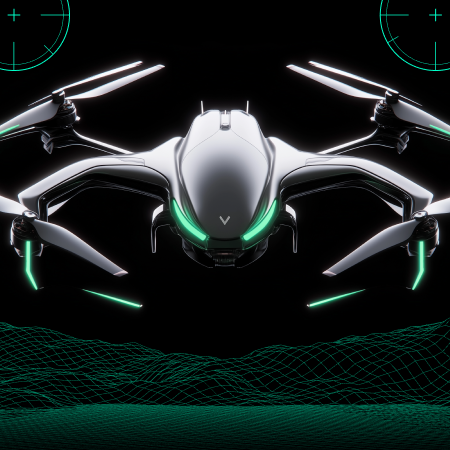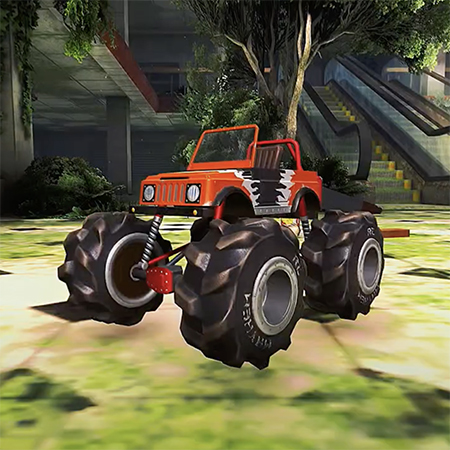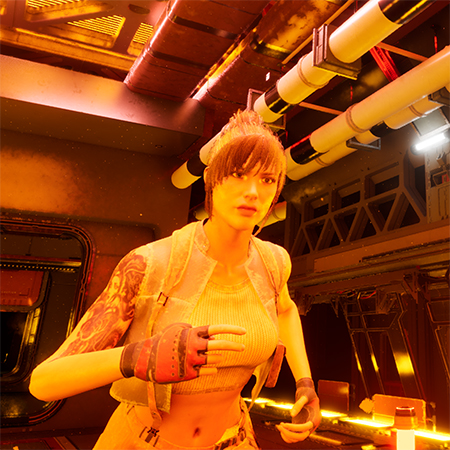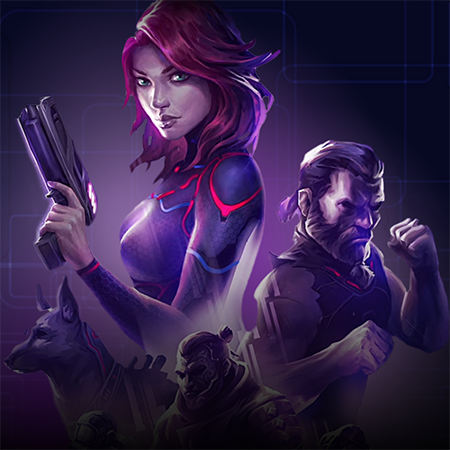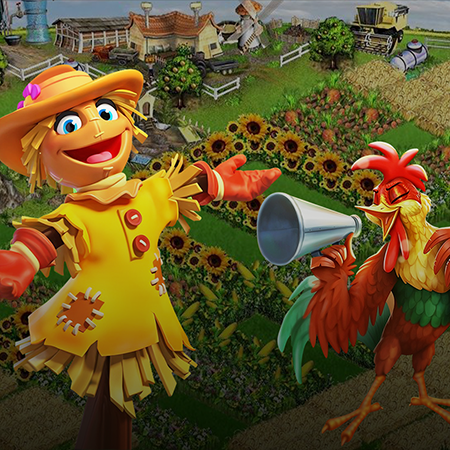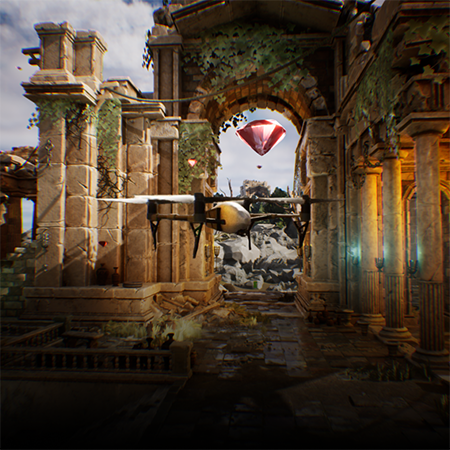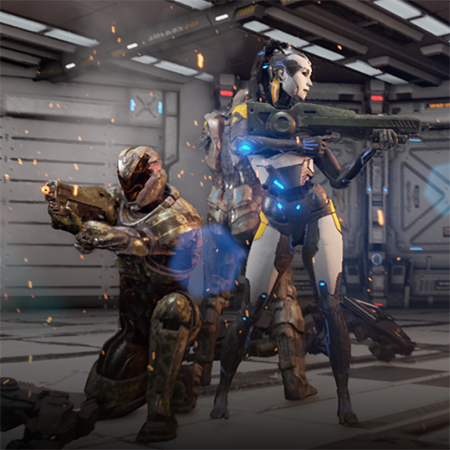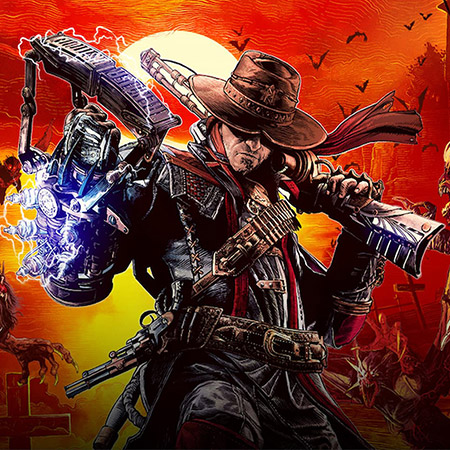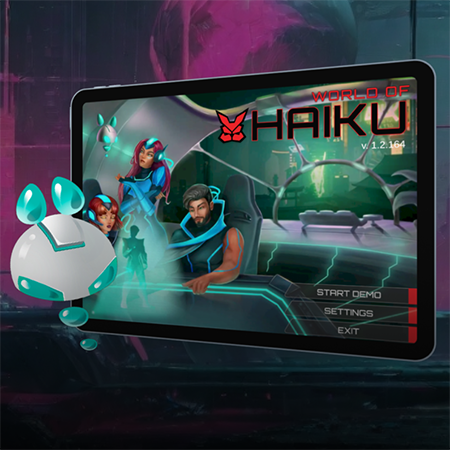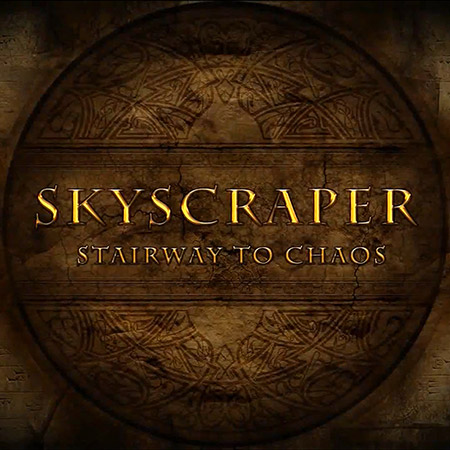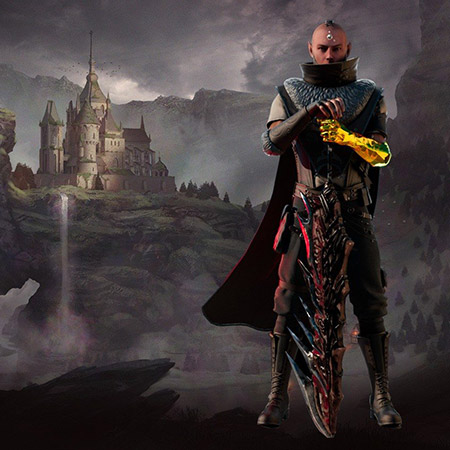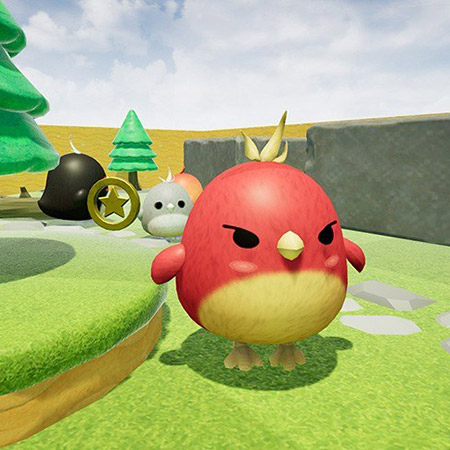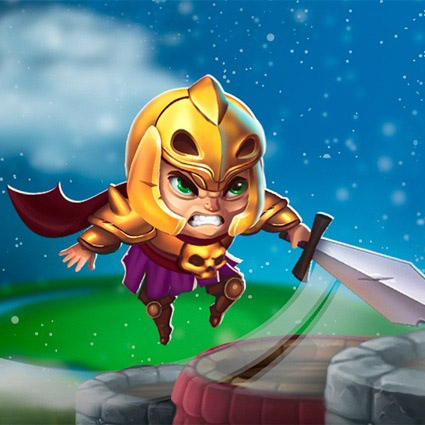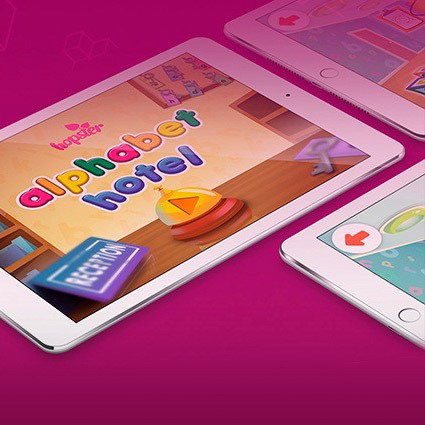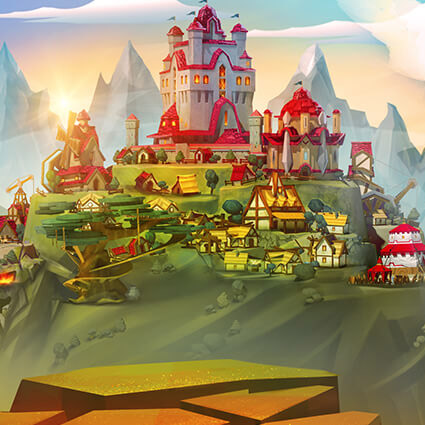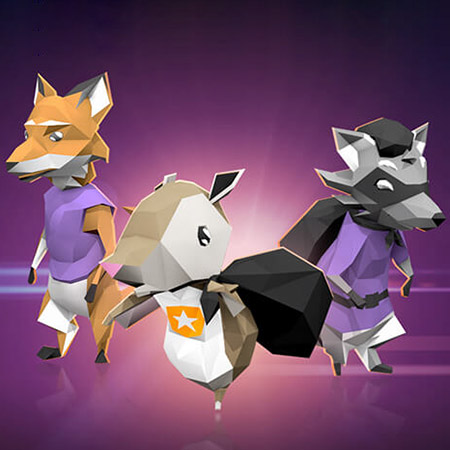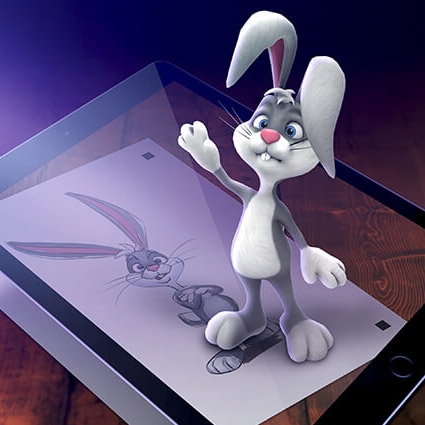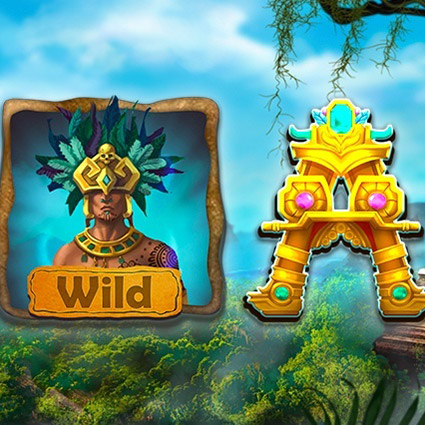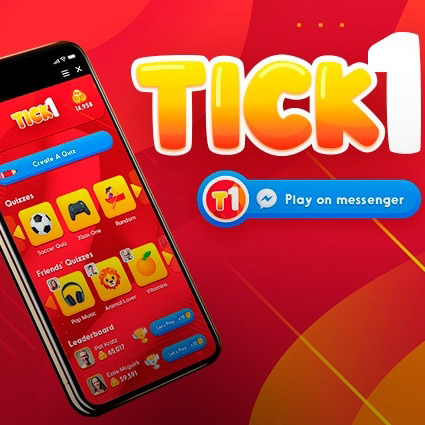Through trial and error, we found that the cost of creating a game prototype is a crucial consideration for any developer or studio looking to embark on a game development project. While it’s difficult to pinpoint an exact figure, as various factors influence the price, it's essential to understand the components that contribute to the overall cost. Let's delve into the elements that shape the price of game prototyping.
Complexity of the game concept. The more intricate and sophisticated the game idea, the more time and resources it will demand. A complex game requires extensive planning, design, and programming, which can significantly increase the cost of prototyping.
Scope of the prototype. Are you aiming for a minimalistic representation of your game's core mechanics or a more polished, detailed version? The scope of your game prototype will directly impact the cost. Larger-scale prototypes with more features and assets will require a higher budget.
Art and design. Game art and design are essential elements that contribute to a game's visual appeal and playability. High-quality art and design can be costly, but investing in these aspects can make your prototype stand out and better represent your vision.
Platform compatibility. Developing a game prototype for multiple platforms can raise the cost, as each platform may have specific requirements and limitations. However, ensuring compatibility can be beneficial, allowing for broader testing and user feedback.
Development timeline. The duration of the game prototyping process can influence the cost. A tight deadline may necessitate additional resources or working hours, potentially increasing the expense. Alternatively, a more extended timeline can allow for more efficient resource allocation, keeping costs lower.
Expertise of the development team. The skill and experience of your chosen game prototyping studio play a vital role in determining the cost. While hiring a highly experienced team may be more expensive initially, their expertise can lead to a more efficient and successful prototyping process, ultimately saving time and money in the long run.
Our findings show that taking these factors into account will help you balance between cost and quality. You may be tempted to cut corners to save money, but compromising on essential aspects of game prototyping can lead to a subpar end product. It's worth asking yourself: is it worth sacrificing quality to save on cost?
To better manage the cost of creating a game prototype, consider the following strategies:
Clearly define your goals and objectives. By establishing a clear vision and purpose for your game prototype, you can streamline the development process and avoid unnecessary expenses. Ensure that you communicate these objectives effectively to your development team.
Prioritize core mechanics. Focus on the most critical aspects of your game during prototyping, as these will help determine the overall gameplay experience. Refining core mechanics at this stage can save time and money in the long run.
Opt for modular design. Embracing a modular design approach allows for easier scaling and modification of your game prototype, leading to more efficient development and reduced costs.
Allocate resources wisely. Efficient resource allocation can help control the cost of your game prototype. Invest in the most crucial elements of your game while maintaining a realistic budget.
Collaborate with a trusted game prototyping studio. Partnering with an experienced and reliable game prototyping studio can optimize the development process, keeping costs in check while ensuring a high-quality end product.
As a result, the cost of creating a game prototype can vary greatly depending on several factors. By considering the complexity of your game concept, the scope of the prototype, art and design, platform compatibility, the development timeline, and your development team's expertise, you can better estimate the cost of your project. You can manage costs effectively by clearly defining your goals, prioritizing core mechanics, adopting a modular design, allocating resources efficiently, and collaborating with a trusted game prototyping studio while ensuring a successful and high-quality game prototype.
Remember that the ultimate goal of game prototyping is to bring your concept to existence and provide a foundation for a fully realized game. The cost of creating a game prototype should be viewed as an investment in the future success of your project. By balancing cost and quality, you can ensure that your prototype accurately represents your game concept and provides valuable insights into its potential.
Thus, is the cost of creating a game prototype worth it? Absolutely! Investing in a well-crafted game prototype can save you time, money, and effort in the long run by identifying potential issues, refining core mechanics, and validating your game concept early in the development process. This early investment can pave the way for a smoother, more efficient, and ultimately more successful game development journey.
Don't let the cost of game prototyping deter you from pursuing your dream project. With careful planning, efficient resource allocation, and the right development partner, you can create a captivating game prototype that serves as the foundation for an exceptional gaming experience. So, are you ready to take the first step toward bringing your game idea to life? So contact us and reap all the benefits from our cooperation!
